
Chicago Sun-Times crime reporter Frank Main was awarded the Pulitzer Prize in 2011 for a series of articles about Chicago’s most violent neighborhoods.
Main, 51, joined the Sun-Times in 1998 and has covered politics, city hall, state government and federal court.
He recently talked about the best and worst ethical decisions he has confronted, what would make him immediately quit his job and what he doesn’t take with him when covering the “hood.”
The following is a condensed transcript of the rest of our conversation.
What’s the worst thing you’ve ever seen on the job or were asked to do?
I was covering the war in Bosnia and there were these orphans whose parents got blown up in the war. Just meeting them and hearing them tell the stories about how they witnessed their parents get brutally murdered by potential terrorists was a really hard thing for me.
Do you feel like race influences the way you cover crime? Do you have biases?
I always have to be careful about bringing my personal baggage into the stories and I’m cognizant of it. I’ve been doing this long enough where I can understand the cultures. Obviously, you can’t get rid of your worldview. I didn’t grow up in the hood, but more than probably any white guy in Chicago, I spend more time in the hood than anybody else. What I try to do is not to put my own moral code on people who live in other situations.
What’s the most honorable ethical action you’ve taken or seen taken?
One of them involved the Brown’s Chicken scandal. There were a number of people who were murdered in a Brown’s Chicken restaurant by two guys. It was a huge national story. Most newspapers knew the names of the suspects and back then our ethical position was pretty strong that we didn’t name people before they were charged with a crime, especially somebody involved in a mass murder. We held off on identifying them and the Chicago Tribune held off on identifying them. As soon as criminal charges were brought against these guys, of course we ran their names. We were able to tell something about who they were without naming them; you can do that ethically as long as it doesn’t identify them to the public.
What sort of affront to your ethics would make you quit a job?
If an editor asked me to burn a source I’d be out of here in a heartbeat. I will always stand by my agreement with my source that I would never name them to anybody, including law enforcement.
What do you wish someone would have told you about journalism and ethics before getting into the real world?
There’s so much discussion behind the scenes about how to approach stories in ways that don’t cross the line and violate ethics. It’s a very important part of reporting that is kind of de-emphasized in college, but becomes very important when you’re actually doing it. How often ethical questions come up when reporting stories is something that you don’t really know until you get into this business.
What’s the greatest challenge to ethics in your field today?
It’s the velocity of the news cycle. There’s huge pressure on the editors, who are the gatekeepers for all that information, to keep putting information online. Stories don’t get as much time in the editing process as they used to. The continual deadline pressure in today’s journalism creates a lot of potential for ethical problems.

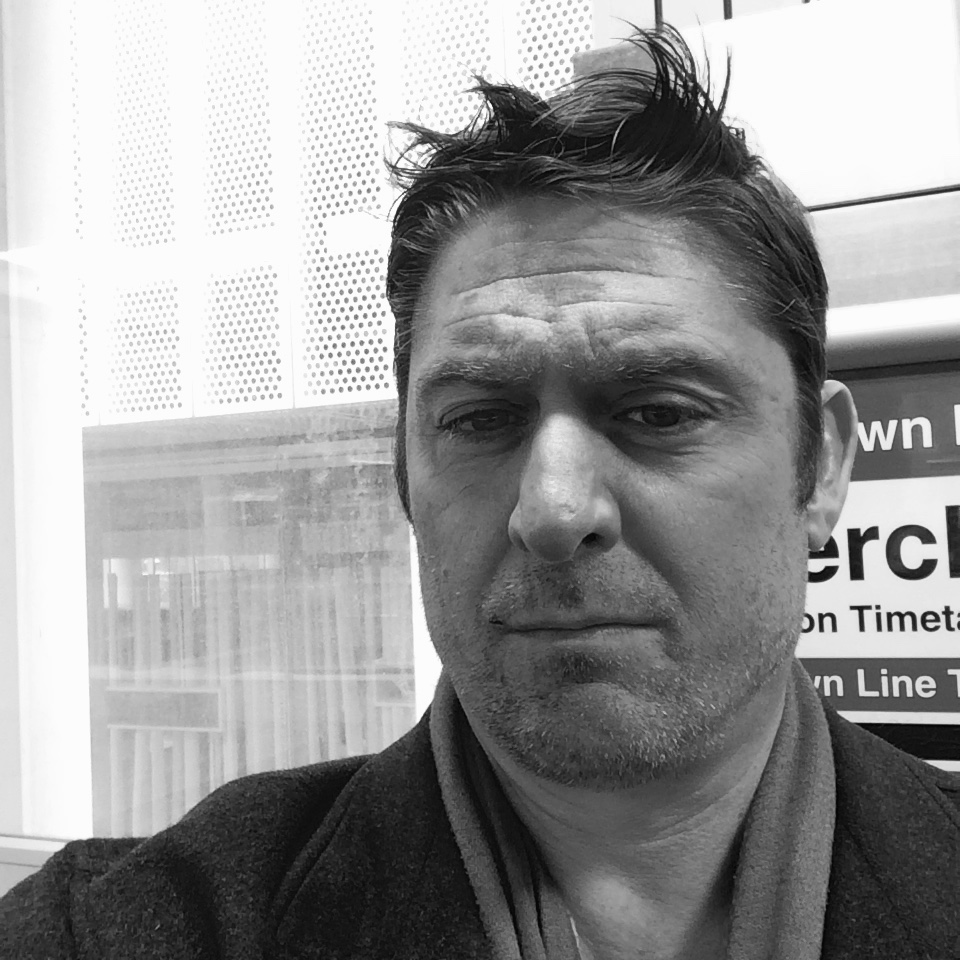

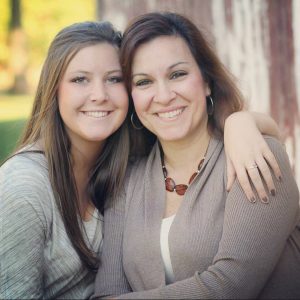
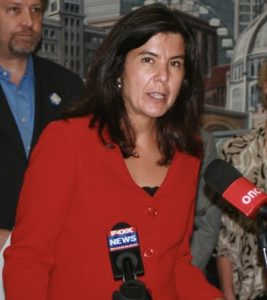
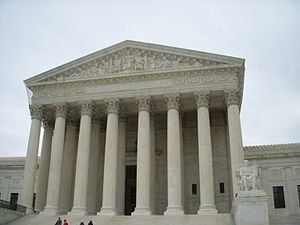
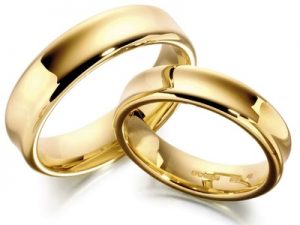
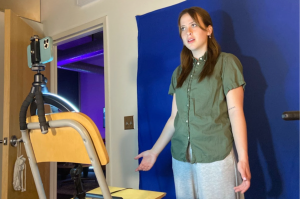

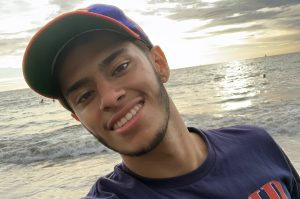




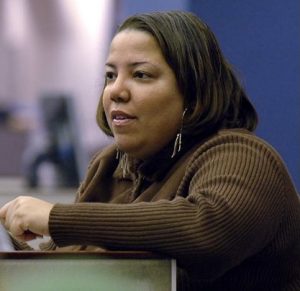


Be First to Comment